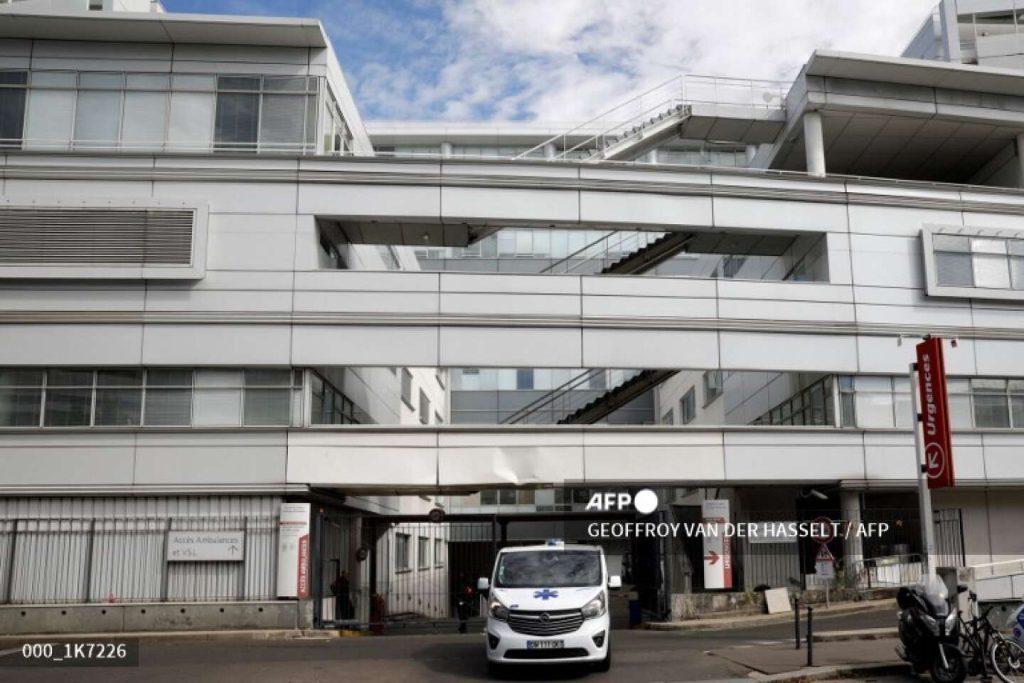The continuity of care is a concern for this summer in Ile-de-France with the hosting of the Olympic and Paralympic Games (JOP) which will mobilize a significant part of the hospital network. To cope with the expected increase in activity, health authorities have requested that hospitals in the region open “750 more beds than a normal summer,” stated Sophie Martinon, the interim general director of the Regional Health Agency (ARS) Ile-de-France, in front of deputies on April 10. It is difficult to assess the exact increase in activity, as previous Games, such as the 2012 London Olympics, saw only a minor increase in emergency room and trauma visits. Minister of Sports and the JOP, Amélie Oudéa-Castéra, mentioned a projected 5% increase in emergency room traffic during the Games.
During the Games, in addition to a polyclinic for athletes located in the Olympic Village, three reference hospitals of the Paris Hospitals Public Assistance (AP-HP) will be responsible for specific groups: Georges-Pompidou for official Olympic delegations, Bichat for athletes, and Avicenne (in Bobigny) for accredited journalists. Furthermore, in addition to other AP-HP establishments, twelve so-called “frontline” hospitals, close to the Olympic sites, will also be mobilized for the Games. Hospitals mobilized for the Games have been asked to increase capacity beyond normal summer levels, particularly in emergency room flow, surgery, and critical care, while other hospitals not directly involved in the Games are expected to operate at a standard summer level.
At the beginning of the year, the AP-HP, which has thirty-eight establishments and will be at the forefront this summer, calculated that an additional 360 beds would need to be opened (out of a total of 8,000 for an “ordinary” August) across about sixty services, as well as an additional four emergency operating rooms. These measures are necessary to ensure that the healthcare system can handle the influx of patients during the summer Games. Planning is crucial to ensure that all aspects of patient care, including emergency care, surgical procedures, and critical care services, are maintained at a high level throughout this busy period.
Preparations for the summer Games are extensive, with hospitals in the region working to increase their capacity and staffing to meet the potential rise in demand for healthcare services. Coordination between various healthcare facilities, including frontline hospitals, reference hospitals, and other medical centers, is essential to ensure that patients receive timely and appropriate care. The experience and lessons learned from previous host cities, such as London in 2012, will guide the planning and implementation of healthcare services during the upcoming Olympic and Paralympic Games in Ile-de-France. Adequate resources, training, and communication will be key to maintaining continuity of care and delivering high-quality medical services to athletes, officials, journalists, and the general public during this important international event.















